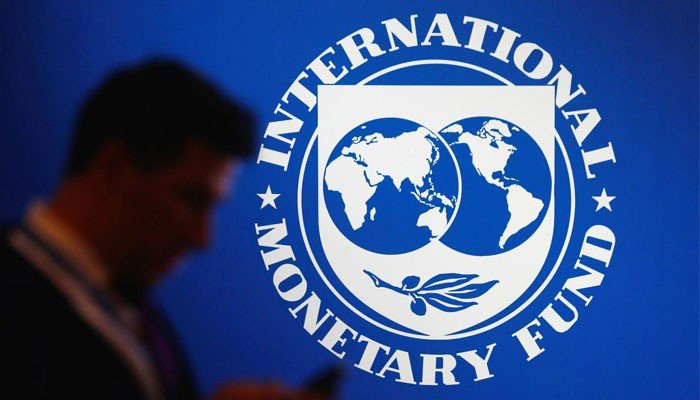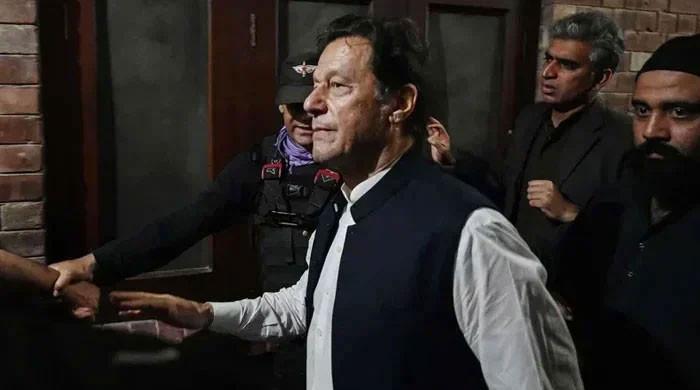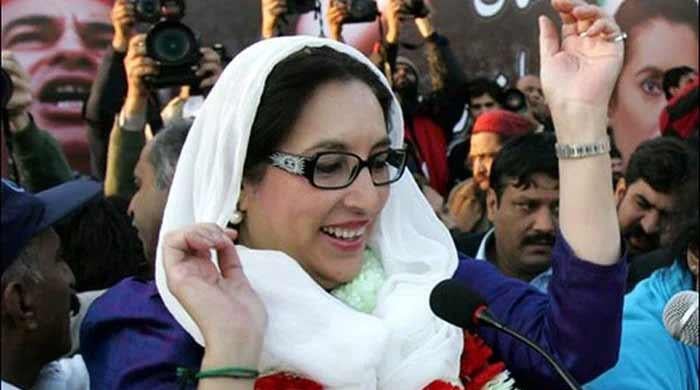IMF aims to complete second review of Pakistan's credit facility deferred by COVID-19 soon
IMF hopes to bring discussions with Pakistan 'positive conclusion' as soon as possible
May 23, 2020

The International Monetary Fund (IMF) has started talks with Pakistan and hopes to complete its second review of the country's extended fund facility programme that had been pushed back due to the outbreak of the COVID-19 pandemic last month, said IMF Communications Department Director Gerry Rice, reported The News.
Rice said technical discussions continue with the Pakistani authorities on the extended fund facility (EFF). “This would be the second review,” Rice said in a statement. “We hope to bring it to a positive conclusion as soon as possible.”
Last year, the IMF agreed to lend Pakistan $6 billion under a three-year EFF to help the country fend off the balance of payment crisis with foreign reserves having plunged to the level sufficient only to cover less than two months of import bills.
Pakistan has already received two tranches under the loan program and the third one would follow the conclusion of the second review put on halt after the virus crisis. Rice said the extended fund facility, which was in place before the crisis hit, remains in effect. “Discussions were paused, due to the outbreak of the pandemic, and there was a focus on the rapid financing instrument, to help Pakistan combat COVID-19, and, again, that has been approved,” he added.
The fund approved $1.4 billion as a rapid finance instrument to boost Pakistan’s COVID-19 emergency response. The IMF official further said attaining creditworthiness, the ability and the willingness to repay their debts, constitutes a hard-fought success for many countries that have been developing successfully.
“A few developing countries have said, publicly, that they’re not inclined to take up the G20 debt suspension initiative, you know, partly, because of that reason,” said Rice. “What they want is a level playing field, in the form of stable access to finance on affordable terms, and, so, for this reason, the Fund’s priority is to ensure that these countries continue to have that access to appropriate external financing, as they go forward, and we try to contribute to that through our own lending and through initiatives, such as the G20 debt service suspension.”
The G20 group, last month, agreed to give a one-year moratorium on debts of poor economies, including Pakistan. Countries eligible for the program have a combined $36 billion falling due this year, composed of $13 billion owed to other governments, $9 billion to private creditors and the rest to multilateral development lenders.
Pakistan is expecting a freeze on loan repayments of $1.8 billion, less than two percent of its total foreign debts. Since private creditors also agreed to suspend debt payments, ratings agencies warned that the moratorium would be considered a default and hence have downgrade risks. The Pakistani government vowed not to pursue suspension in credit to commercial lenders while approving a request to avail the G20 debt relief.
“We will support our member countries, even whose debts are unsustainable in fighting for appropriate debt relief, and, again, whilst a few countries have indicated that they would not be participating in the initiative, the vast majority have either expressed a formal request to participate, or expressed interest, and we expect many more official requests in the coming days,” said Rice.
“Importantly, debt relief to countries whose debts are unsustainable should encompass not only official bilateral debt, but also debt to the private sector.”









